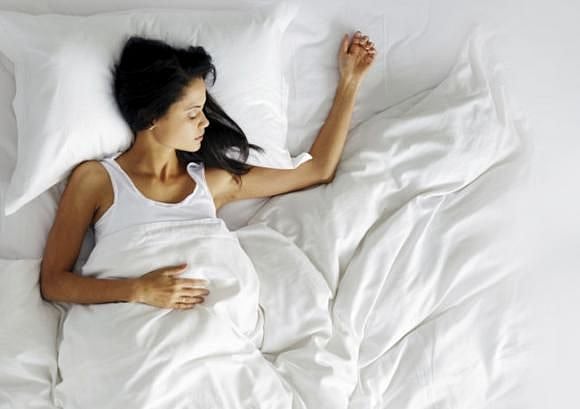7 steps to better sleep
There’s nothing more crucial to your body’s health than 40 winks

Bad sleepers are often trapped in a worry cycle. “The anxiety of thinking you’ll not be able to sleep is one of the things that feeds the problem,” says Dr Nerina Ramlakhan, author of Tired But Wired: How To Overcome Sleep Problems, The Essential Sleep Toolkit.
Also, lying in bed worrying about the day’s events or things that might happen in the future is not going to help, but it’s a habit you can address.
Dr Ramlakhan recommends a 12-step toolkit, which includes adapting your activities throughout the day, like exercising to reduce stress and writing a to-do list for the next day at bedtime.
2. Create a slumber-enhancing haven
Your surroundings have a big impact on your mind, so it makes sense that the place you sleep in should be a peaceful retreat. “If there’s clutter around you, it can be cluttering your mind,” says Birdee.
Dr Ramlakhan recommends clearing your bedroom of all technology in order for a good night’s sleep, which means no computers or TV. If that’s not possible, at least find a way to hide work-related stuff. “If you lack space, make boundaries in other ways, for example a white sheet over your desk area,” she says.
3. Are you lying comfortably?
We’re sensitive creatures, and even the smallest physiological factors can have our brain and body chemistry churning away – which is why physical comfort is vital for sleep.
4. Let there be less light – and noise
Consider investing in blackout blinds if light is a problem, especially if you’re a shift worker who sleeps during daytime. Eye masks can help block out ambient light and have been shown to increase melatonin levels.
5. Turn off your gadgets
Laptops and smartphones do us no favours when it comes to sleep – because many of us don’t know when to switch off.
A recent survey by sleeping pill brand Nytol found that 53 per cent of the people questioned admitted to going online in bed, with a quarter thinking they’re addicted to checking emails and social media in bed.
“It’s essential to turn off all technology; many people with sleep problems have an unhealthy relationship with technology,” says Dr Ramlakhan.
6. Don’t panic if you wake up
We’ve all been there; suddenly wide awake at 3am, only to spend the next few hours panicking about how we’ll get through the next day.
If you find lying in bed impossible to handle, try going to another room to read a book to distract your thoughts, then return to bed when you’re calmer.
7. Watch what you eat and drink
What and when we eat and drink can affect sleep. Eliminate stimulants like caffeine and sugar before bedtime, advises Dr Menon, who also recommends drinking a glass of warm milk or a cup of chamomile tea with honey at bedtime to induce sleep.
Birdee advises eating your evening meal a little earlier, and perhaps going for a stroll afterwards. “A heavy meal before bedtime is going to be uncomfortable and can cause restlessness, as your body works overtime to ensure it’s digested,” she says.
Sign up for the Daily Briefing
Get the latest news and updates straight to your inbox
Network Links
GN StoreDownload our app
© Al Nisr Publishing LLC 2026. All rights reserved.